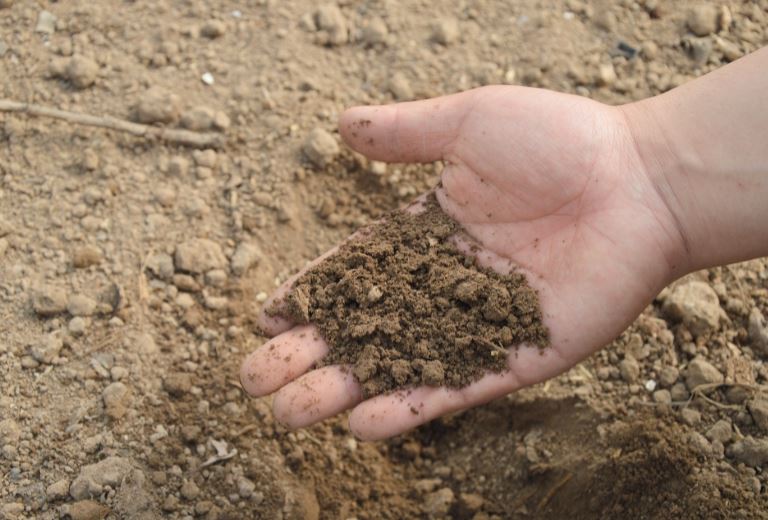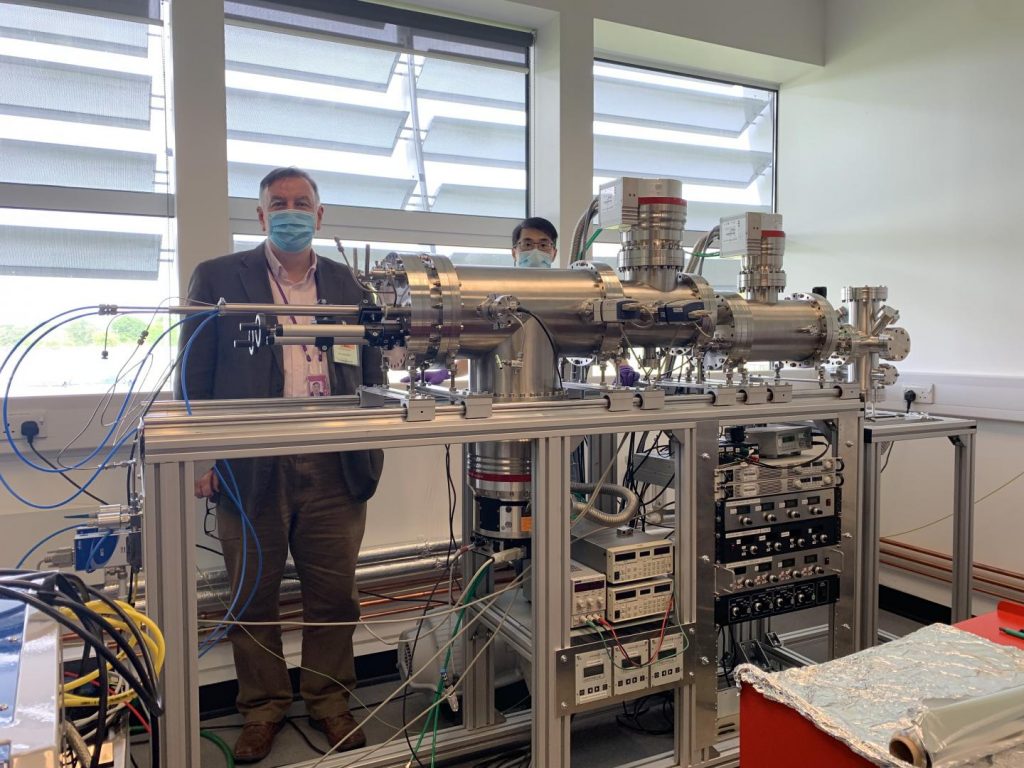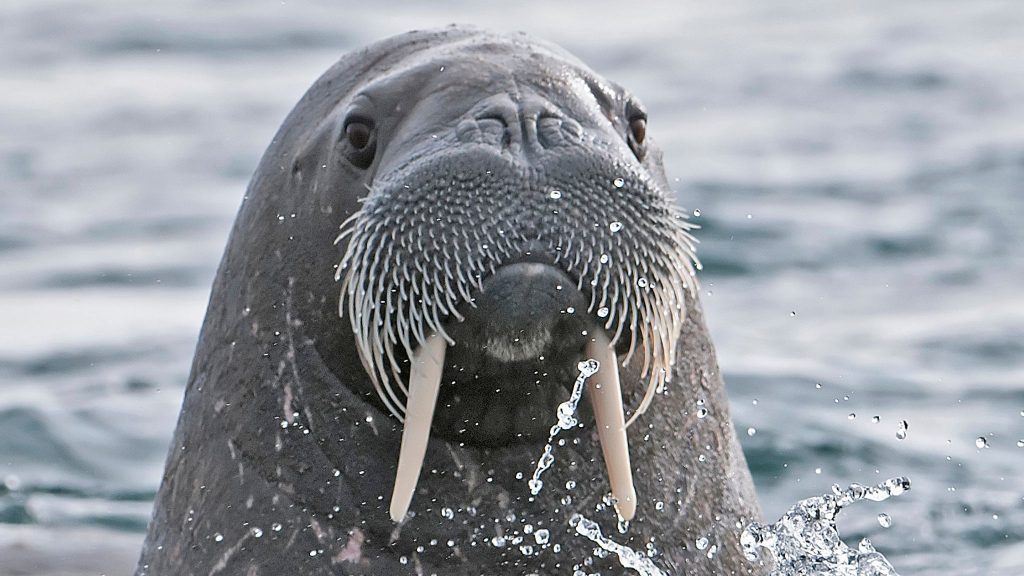There’s a very good article about the upcoming AI (artificial intelligence) safety talks on the British Broadcasting Corporation (BBC) news website (plus some juicy perhaps even gossipy news about who may not be attending the event) but first, here’s the August 24, 2023 UK government press release making the announcement,
Iconic Bletchley Park to host UK AI Safety Summit in early November [2023]
Major global event to take place on the 1st and 2nd of November.[2023]
– UK to host world first summit on artificial intelligence safety in November
– Talks will explore and build consensus on rapid, international action to advance safety at the frontier of AI technology
– Bletchley Park, one of the birthplaces of computer science, to host the summit
International governments, leading AI companies and experts in research will unite for crucial talks in November on the safe development and use of frontier AI technology, as the UK Government announces Bletchley Park as the location for the UK summit.
The major global event will take place on the 1st and 2nd November to consider the risks of AI, especially at the frontier of development, and discuss how they can be mitigated through internationally coordinated action. Frontier AI models hold enormous potential to power economic growth, drive scientific progress and wider public benefits, while also posing potential safety risks if not developed responsibly.
To be hosted at Bletchley Park in Buckinghamshire, a significant location in the history of computer science development and once the home of British Enigma codebreaking – it will see coordinated action to agree a set of rapid, targeted measures for furthering safety in global AI use.
Preparations for the summit are already in full flow, with Matt Clifford and Jonathan Black recently appointed as the Prime Minister’s Representatives. Together they’ll spearhead talks and negotiations, as they rally leading AI nations and experts over the next three months to ensure the summit provides a platform for countries to work together on further developing a shared approach to agree the safety measures needed to mitigate the risks of AI.
Prime Minister Rishi Sunak said:
“The UK has long been home to the transformative technologies of the future, so there is no better place to host the first ever global AI safety summit than at Bletchley Park this November.
To fully embrace the extraordinary opportunities of artificial intelligence, we must grip and tackle the risks to ensure it develops safely in the years ahead.
With the combined strength of our international partners, thriving AI industry and expert academic community, we can secure the rapid international action we need for the safe and responsible development of AI around the world.”
Technology Secretary Michelle Donelan said:
“International collaboration is the cornerstone of our approach to AI regulation, and we want the summit to result in leading nations and experts agreeing on a shared approach to its safe use.
The UK is consistently recognised as a world leader in AI and we are well placed to lead these discussions. The location of Bletchley Park as the backdrop will reaffirm our historic leadership in overseeing the development of new technologies.
AI is already improving lives from new innovations in healthcare to supporting efforts to tackle climate change, and November’s summit will make sure we can all realise the technology’s huge benefits safely and securely for decades to come.”
The summit will also build on ongoing work at international forums including the OECD, Global Partnership on AI, Council of Europe, and the UN and standards-development organisations, as well as the recently agreed G7 Hiroshima AI Process.
The UK boasts strong credentials as a world leader in AI. The technology employs over 50,000 people, directly supports one of the Prime Minister’s five priorities by contributing £3.7 billion to the economy, and is the birthplace of leading AI companies such as Google DeepMind. It has also invested more on AI safety research than any other nation, backing the creation of the Foundation Model Taskforce with an initial £100 million.
Foreign Secretary James Cleverly said:
“No country will be untouched by AI, and no country alone will solve the challenges posed by this technology. In our interconnected world, we must have an international approach.
The origins of modern AI can be traced back to Bletchley Park. Now, it will also be home to the global effort to shape the responsible use of AI.”
Bletchley Park’s role in hosting the summit reflects the UK’s proud tradition of being at the frontier of new technology advancements. Since Alan Turing’s celebrated work some eight decades ago, computing and computer science have become fundamental pillars of life both in the UK and across the globe.
Iain Standen, CEO of the Bletchley Park Trust, said:
“Bletchley Park Trust is immensely privileged to have been chosen as the venue for the first major international summit on AI safety this November, and we look forward to welcoming the world to our historic site.
It is fitting that the very spot where leading minds harnessed emerging technologies to influence the successful outcome of World War 2 will, once again, be the crucible for international co-ordinated action.
We are incredibly excited to be providing the stage for discussions on global safety standards, which will help everyone manage and monitor the risks of artificial intelligence.”
The roots of AI can be traced back to the leading minds who worked at Bletchley during World War 2, with codebreakers Jack Good and Donald Michie among those who went on to write extensive works on the technology. In November [2023], it will once again take centre stage as the international community comes together to agree on important guardrails which ensure the opportunities of AI can be realised, and its risks safely managed.
The announcement follows the UK government allocating £13 million to revolutionise healthcare research through AI, unveiled last week. The funding supports a raft of new projects including transformations to brain tumour surgeries, new approaches to treating chronic nerve pain, and a system to predict a patient’s risk of developing future health problems based on existing conditions.
Tom Gerken’s August 24, 2023 BBC news article (an analysis by Zoe Kleinman follows as part of the article) fills in a few blanks, Note: Links have been removed,
…
World leaders will meet with AI companies and experts on 1 and 2 November for the discussions.
The global talks aim to build an international consensus on the future of AI.
The summit will take place at Bletchley Park, where Alan Turing, one of the pioneers of modern computing, worked during World War Two.
…
It is unknown which world leaders will be invited to the event, with a particular question mark over whether the Chinese government or tech giant Baidu will be in attendance.
The BBC has approached the government for comment.
The summit will address how the technology can be safely developed through “internationally co-ordinated action” but there has been no confirmation of more detailed topics.
It comes after US tech firm Palantir rejected calls to pause the development of AI in June, with its boss Alex Karp saying it was only those with “no products” who wanted a pause.
And in July [2023], children’s charity the Internet Watch Foundation called on Mr Sunak to tackle AI-generated child sexual abuse imagery, which it says is on the rise.
Kleinman’s analysis includes this, Note: A link has been removed,
…
Will China be represented? Currently there is a distinct east/west divide in the AI world but several experts argue this is a tech that transcends geopolitics. Some say a UN-style regulator would be a better alternative to individual territories coming up with their own rules.
If the government can get enough of the right people around the table in early November [2023], this is perhaps a good subject for debate.
…
Three US AI giants – OpenAI, Anthropic and Palantir – have all committed to opening London headquarters.
But there are others going in the opposite direction – British DeepMind co-founder Mustafa Suleyman chose to locate his new AI company InflectionAI in California. He told the BBC the UK needed to cultivate a more risk-taking culture in order to truly become an AI superpower.
…
Many of those who worked at Bletchley Park decoding messages during WW2 went on to write and speak about AI in later years, including codebreakers Irving John “Jack” Good and Donald Michie.
Soon after the War, [Alan] Turing proposed the imitation game – later dubbed the “Turing test” – which seeks to identify whether a machine can behave in a way indistinguishable from a human.
There is a Bletchley Park website, which sells tickets for tours.
Insight into political jockeying (i.e., some juicy news bits)
This has recently been reported by BBC, from an October 17 (?). 2023 news article by Jessica Parker & Zoe Kleinman on BBC news online,
German Chancellor Olaf Scholz may turn down his invitation to a major UK summit on artificial intelligence, the BBC understands.
…
While no guest list has been published of an expected 100 participants, some within the sector say it’s unclear if the event will attract top leaders.
A government source insisted the summit is garnering “a lot of attention” at home and overseas.
The two-day meeting is due to bring together leading politicians as well as independent experts and senior execs from the tech giants, who are mainly US based.
The first day will bring together tech companies and academics for a discussion chaired by the Secretary of State for Science, Innovation and Technology, Michelle Donelan.
The second day is set to see a “small group” of people, including international government figures, in meetings run by PM Rishi Sunak.
…
Though no final decision has been made, it is now seen as unlikely that the German Chancellor will attend.
That could spark concerns of a “domino effect” with other world leaders, such as the French President Emmanuel Macron, also unconfirmed.
Government sources say there are heads of state who have signalled a clear intention to turn up, and the BBC understands that high-level representatives from many US-based tech giants are going.
The foreign secretary confirmed in September [2023] that a Chinese representative has been invited, despite controversy.
Some MPs within the UK’s ruling Conservative Party believe China should be cut out of the conference after a series of security rows.
It is not known whether there has been a response to the invitation.
China is home to a huge AI sector and has already created its own set of rules to govern responsible use of the tech within the country.
The US, a major player in the sector and the world’s largest economy, will be represented by Vice-President Kamala Harris.
…
Britain is hoping to position itself as a key broker as the world wrestles with the potential pitfalls and risks of AI.
However, Berlin is thought to want to avoid any messy overlap with G7 efforts, after the group of leading democratic countries agreed to create an international code of conduct.
Germany is also the biggest economy in the EU – which is itself aiming to finalise its own landmark AI Act by the end of this year.
It includes grading AI tools depending on how significant they are, so for example an email filter would be less tightly regulated than a medical diagnosis system.
The European Commission President Ursula von der Leyen is expected at next month’s summit, while it is possible Berlin could send a senior government figure such as its vice chancellor, Robert Habeck.
…
A source from the Department for Science, Innovation and Technology said: “This is the first time an international summit has focused on frontier AI risks and it is garnering a lot of attention at home and overseas.
“It is usual not to confirm senior attendance at major international events until nearer the time, for security reasons.”
Fascinating, eh?


